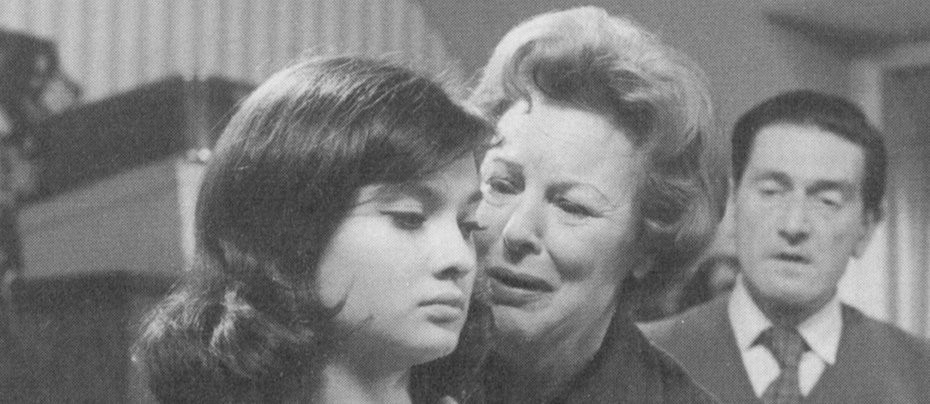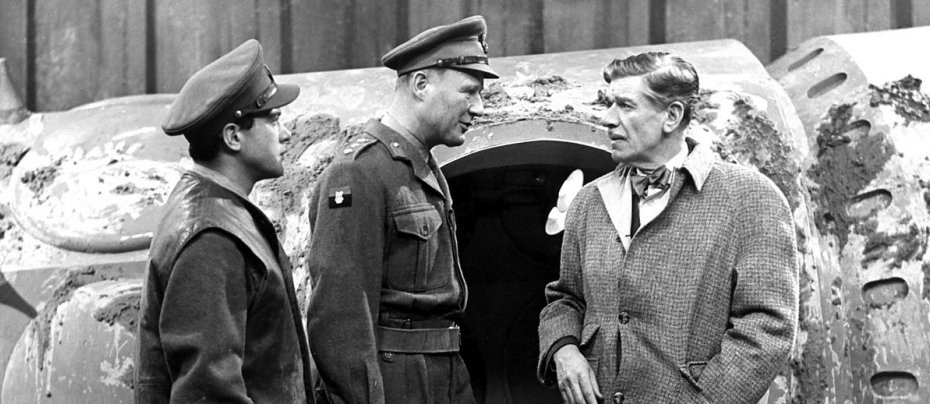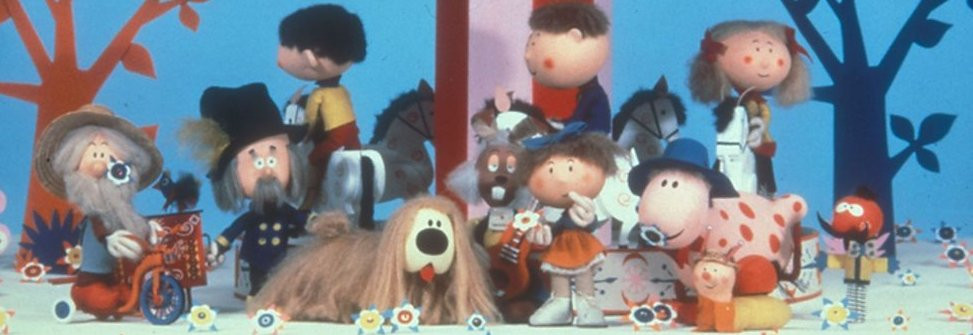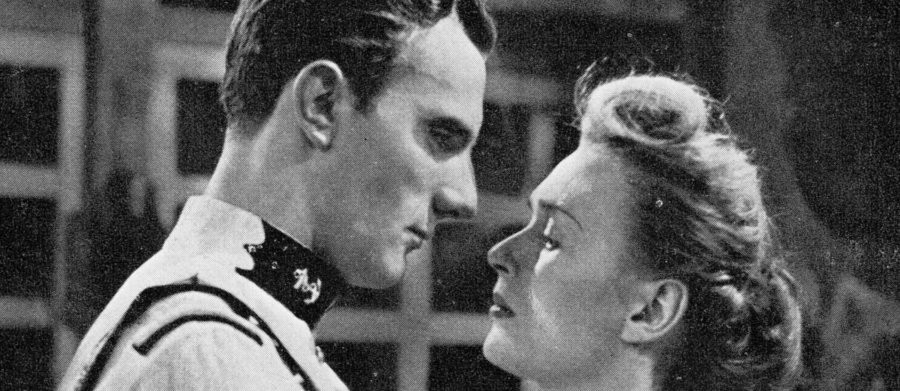The Massacre
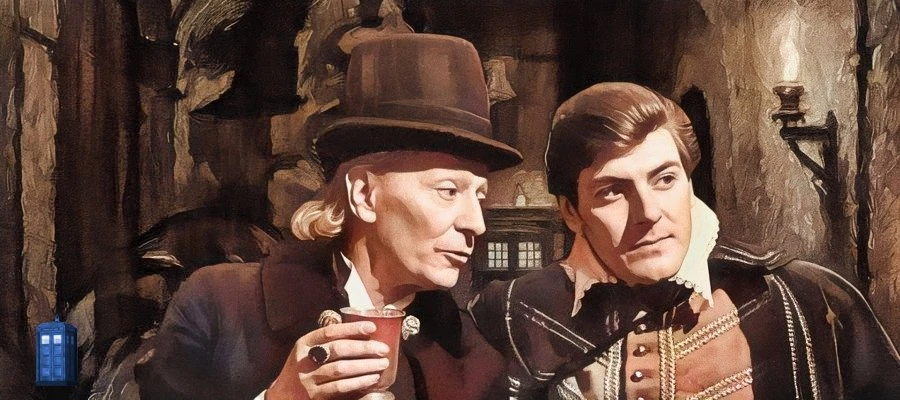
Review by Daniel Tessier
Doctor Who visited a number of well-known historical times and places in its monochrome era: Ancient Rome, Aztec Mexico, the French Revolution and others that would be easily recognisable to most people from history lessons. The Massacre – also known, somewhat inaccurately, as The Massacre of St. Bartholomew's Eve – takes a different approach, visiting a historical event that most British viewers would have known little, if anything, about.
The French Wars of Religion were a series of conflicts throughout the late 16th century between the Catholic majority and Calvinist Protestants known as the Huguenots. The most significant event was the St. Bartholomew's Day Massacre of 1572, an uprising of violence against the Huguenots in Paris that spread to other cities and led to thousands of deaths. Many of the surviving Huguenots fled to England and beyond. Further violence from both sides in the early 17th century forced most of the Protestant population of France to flee. The families who emigrated include the Perthuis family – later anglicised as Pertwee – and the Tessiers, among many others.
Basing a Doctor Who story around a more obscure historical event has its pros and cons. On the one hand, it's a rare chance to drop the Doctor into established history without the audience knowing how things are likely to turn out. Most historical settings used have been seen in fiction so often that, even if you know nothing of the history itself, you can get a good grasp of where things are going just from previous stories. The harrowing events at the climax of this story would have been a shock to many viewers at the time, when episodes were broadcast once a week under their own titles, with no episode count in Radio Times to even suggest when the story was ending. Now, with the serial as a whole packaged as The Massacre, it rather gives the game away.
The drawback, coming to it now, is that it fails to grab the popular imagination as well as, say, The Romans or The Aztecs, or even The Smugglers. With The Massacre also being one of the least represented serials in Doctor Who's long history – not a scrap of footage remains, only the soundtrack and some production photos – it ends up with this being a story that is easily overlooked. This is a shame, because The Massacre is very good indeed.
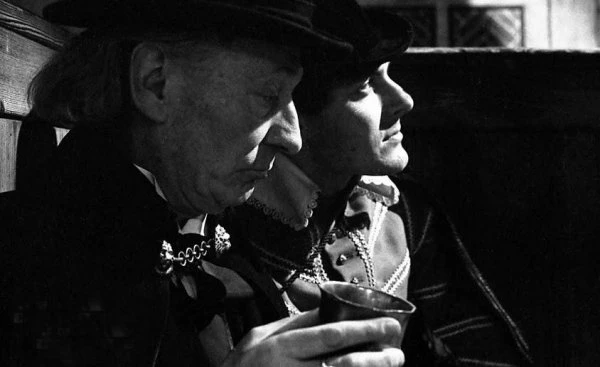
Following the traumatic events of the preceding serial The Daleks' Master Plan, the Doctor and Steven are travelling alone. Arriving in Paris, the Doctor – after a quick visit to the TARDIS wardrobe to kit them both out in suitable clothing – takes Steven to the pub, before rather irresponsibly leaving him to sightsee on his own. The Doctor would rather hobnob with famous figures of science than hang around Paris on the eve of a catastrophe, and heads off to meet the apothecary Charles Preslin (Erik Chitty- Please Sir!), who has just got himself into hot water by discovering germs. He's preparing to get out of town before the religious authorities charge him with heresy, and confides in the Doctor his fear of the zealot Abbot of Amboise.
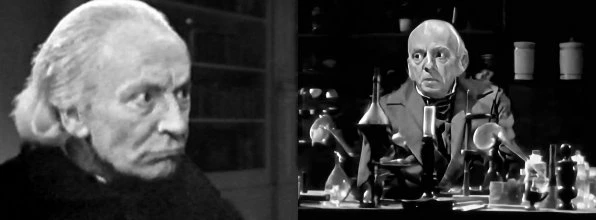
Left to his own devices, Steven falls in with a group of Huguenots. Not understanding the danger it places him in, he readily admits to being a Protestant (illustrating a little of the religious culture of his future era, whenever that may be), and is rapidly pulled into the deepening crisis. He befriends the trusting Nicholas Muss (David Weston – The Spread of the Eagle), and the two of them stumble across a terrified young girl, Anne Chaplet (pronounced shap-lae). Played by Annette Robinson (Sanctuary, Shroud for a Nightingale), Anne is fleeing her master, a powerful Cardinal and the Abbot's immediate superior, Charles de Guise. Having overheard the Abbot's secretary, Colbert (Chris Tranchell – Survivors) plotting with Catholic guardsmen to kill the city's Huguenots, Anne is frightened for her life, having barely escaped the Massacre at Wassy (the very event that kicked off the Wars of Religion).
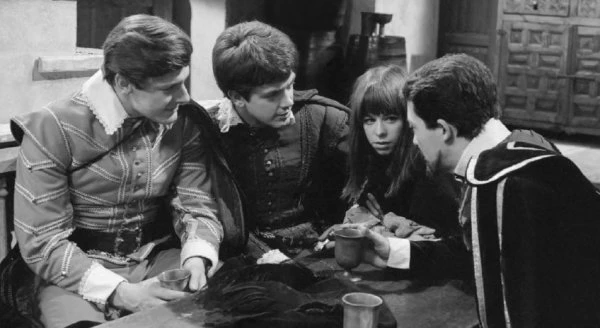
There follows a fairly complex plot as various individuals scheme and accuse as they try to save their own hides. At the very top is none other than the Queen Mother herself, Catherine de Medici – a sinister turn by Joan Young (Dixon of Dock Green). Our first genuine historical personage in this summary, Catherine was the mother of the king (and the previous king, and the next one. They got through them in those days). Previously the Queen of France by marriage and Pope Clement's cousin, this woman was as zealously Catholic as they got. She hated the Huguenots, and especially hated Admiral de Coligny (Leonard Sachs – Orlando, The Good Old Days) who had the ear of the young King Charles IX. She involved several high-ranking Catholics in a plot to have him assassinated.
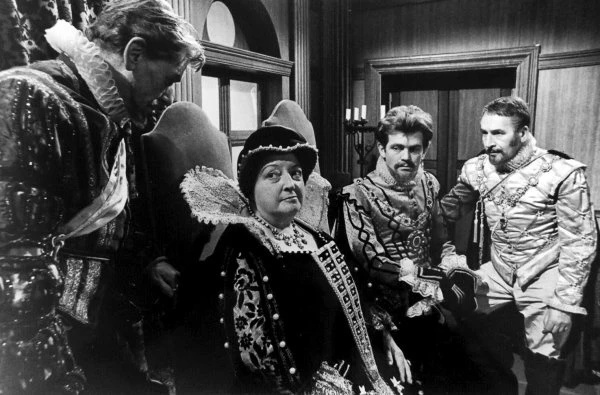
Involved in the conspiracy are Colbert; Catherine's right-hand man, Marshall Gaspard de Tavannes (an excellent performance by André Morell, best remembered for Quatermass and the Pit); and his servant, Simon Duvall (John Tillinger – Another World). Among the Huguenots are the King's councillor, Teligny (Michael Bilton – To the Manor Born) and Gaston, Viscount de Leran (Eric Thompson – you'll recognise his voice as the narrator for The Magic Roundabout). There are a lot of players here and a lot is going on, but it's surprisingly easy to follow, even on audio. Partly this is down to the actors all having very distinct voices, and partly due to them helpfully explaining their conspiracies aloud.
Amongst all the very serious historical drama is a wonderfully silly inclusion. At the end of part one, the Abbot of Amboise arrives back in Paris – and he looks exactly like the Doctor! While Hartnell is credited only as “Dr. Who” throughout the serial, he spends most of it playing the deeply sinister and coldly composed Abbot, a true villain role in which he excels. While it's well known now that Hartnell was in ill-health during the filming of season three, and was having difficulty remembering his lines, there are no “hmmmms” and muddled words when he's playing the Abbot, so clearly he wasn't as fuddled as he presented.
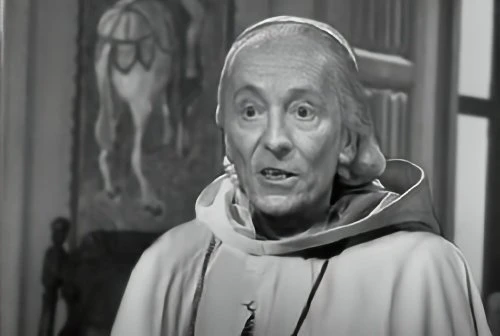
Steven immediately assumes that the Abbot is the Doctor, up to some cunning plan. It is the sort of thing he'd do, after all. Meanwhile, Gaston accuses Steven of being a Catholic spy, although you'd hope a Catholic spy pretending to be a Protestant wouldn't blurt out that he knows the Abbot at the first opportunity. In the original script by John Lucarotti – who receives the sole credit for three of the four episodes – it was kept very ambiguous whether the Abbot was the Doctor or not. However, script editor Donald Tosh rewrote the scripts almost from scratch, and in the broadcast version, it becomes clear that the Abbot isn't the Doctor fairly quickly. It's the first time we meet someone who happens to look like the Doctor purely by chance, but it won't be the last.
No one gives a poor performance in this serial – well, maybe at the very end, but we'll get to that – but Peter Purves stands out. Getting to play the sole companion for a story would have given him more of the limelight anyway, but with the Doctor clearing off for much of the runtime he becomes the focus of the plot. He's excellent as Steven, left to defend himself in a completely foreign culture, and horrified by the events he witnesses. He shares excellent chemistry with Robertson, with Steven developing a protective relationship with Anne quickly. It's unsurprising that there was some thought given to Anne leaving with Steven and the Doctor and becoming the new companion. In the end though, it was decided that having a companion from the past would be problematic for storytelling. (A little over a year later, there'd be two companions from past centuries in the TARDIS.)
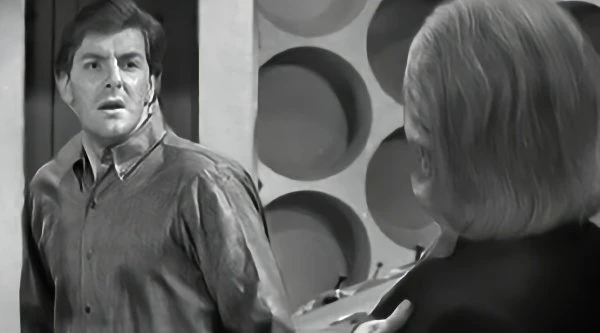
By the time the Doctor does come back in the final episode, events have already reached crisis point. When the Doctor finally learns the actual date, he panics and insists that he and Steven return to the TARDIS at once. He also talks Anne into returning to her aunt's home against curfew, in spite of the danger it will put her in. The time travellers are safely in the TARDIS when the merde hits the fan. The Admiral and Nicholas are murdered, the first step in a wave of violence that will lead to thousands of deaths. Rather than spend a fortune on extras and get into trouble for depicting violent scenes on children's television, the events of the Massacre are depicted by woodcuts from the period. It falls to the Doctor to tell Steven what he was saving him from. Steven is furious at the Doctor for not intervening when he knew the lives at risk, and specifically for forcing Anne to stay behind to almost certainly be killed.
In an intense scene, Steven turns on the Doctor and storms out the TARDIS as soon as it lands, intending to leave for good. The Doctor is left ruminating on the nature of history, mulling over whether to continue travelling alone or to simply return to his own home. Hartnell gives a standout performance as the dejected Doctor, giving a long (and word-perfect) speech about the burden on his shoulders.
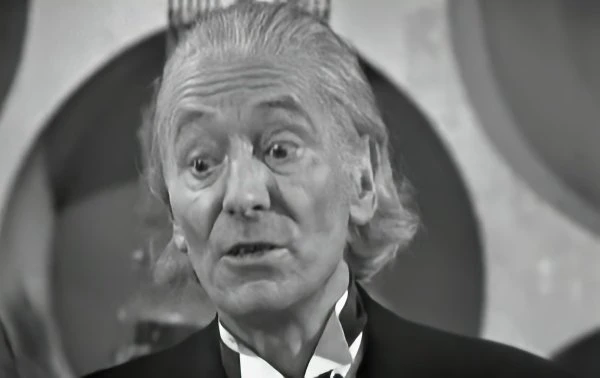
The Massacre stands as one of the best of Doctor Who's historical stories. It's a serious, powerful story and it's a great shame that it remains missing. It's also the first serial of the series to be directed by a woman, Paddy Russell. One of the earliest female directors at the BBC, she had trained under Rudolph Cartier on the Quatermass serials and 1984. Judging by her later Doctor Who credits, including classics Pyramids of Mars and Horror of Fang Rock, her work on The Massacre would be well worth seeing, if only we could.
Unfortunately, the serial ends with a tacked-on scene that changes the tone utterly, as a young woman suddenly barges into the TARDIS thinking it's a real police box. Someone's been hurt and she's looking for a policeman. Steven returns to warn the Doctor that he'd better take off as there are some real police coming, his previous anger seemingly forgotten. The young woman, played by Jackie Lane, introduces herself as Dorothea “Dodo” Chaplet. Steven is overjoyed that maybe – just maybe – Dodo is a descendant of Anne's and she did survive the violence. Unlikely, perhaps, but given he just spent a day avoiding the Doctor's unexplained doppelganger, it's hardly the biggest coincidence we've been asked to swallow.
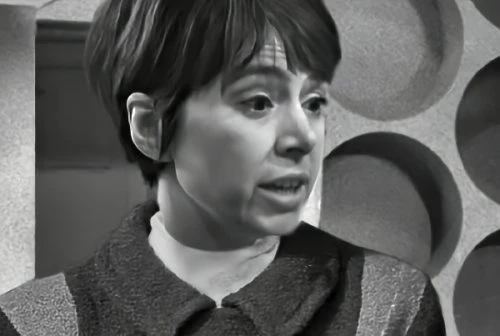
For her part, Dodo is remarkably unfazed by the TARDIS, is quick to reveal that she has no family to speak of and is quite happy that the Doctor has taken off with her onboard. She reminds him of Susan and he just can't help himself from abducting humans. It's an absolutely bizarre scene coming after the events we've just experienced.
A few things about The Massacre's final episode do suggest that it's had some influence on modern Doctor Who. The Doctor's refusal to intervene in Paris, his argument that he can't change history, and Steven's angry rebuke that he could at least have saved Anne, has clear parallels with a similar scene between the Tenth Doctor and Donna in The Fires of Pompeii in 2008. The sudden shift in tone as someone (or something) suddenly appears in the TARDIS is also a trick that Russell T. Davies used several times to end his seasons. Is he perhaps a big fan of The Massacre? Even Dodo, an orphan with a northern accent, and as revealed over the next few episodes, genre awareness and love for the TARDIS wardrobe, is virtually a 1960s Ruby Sunday.



